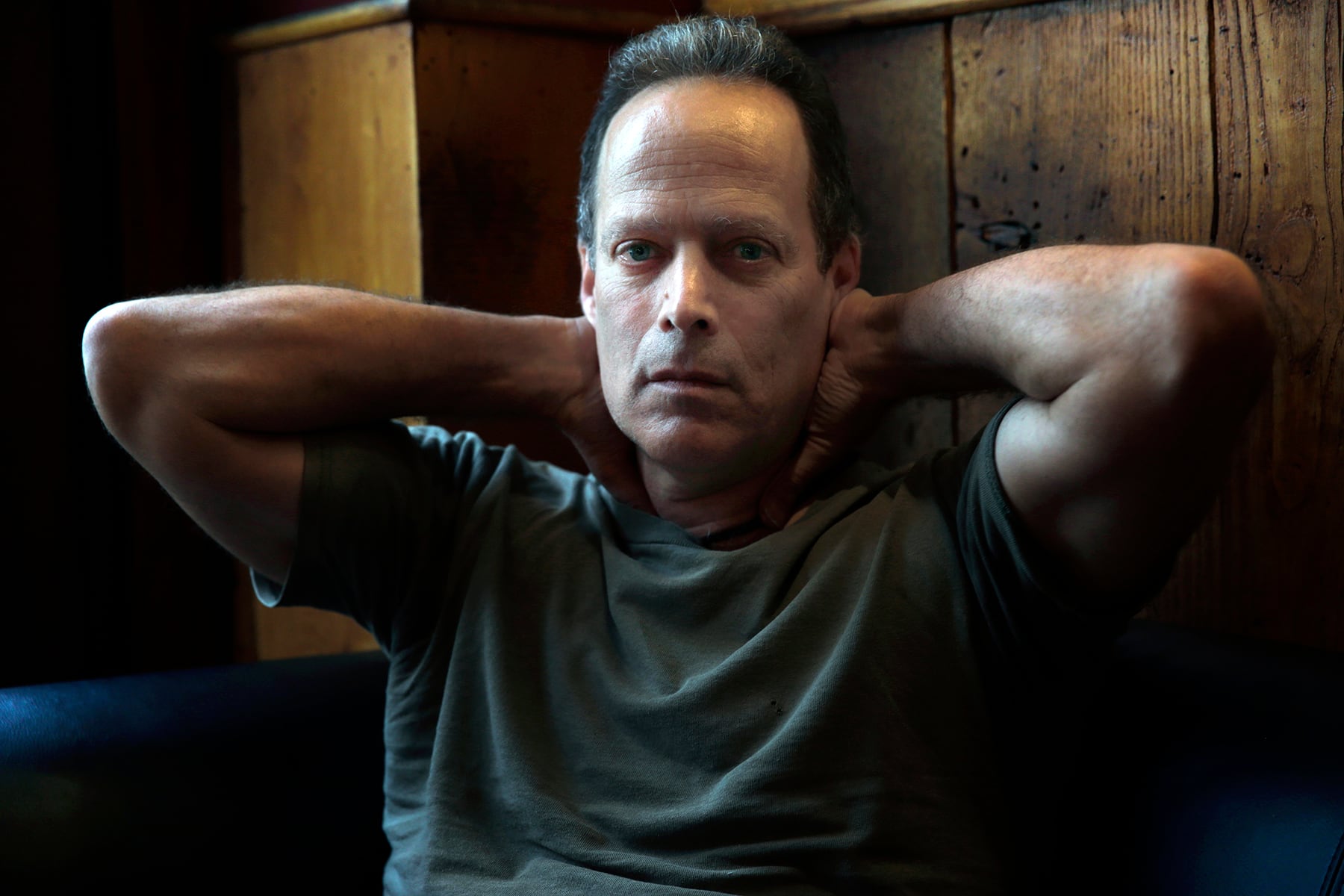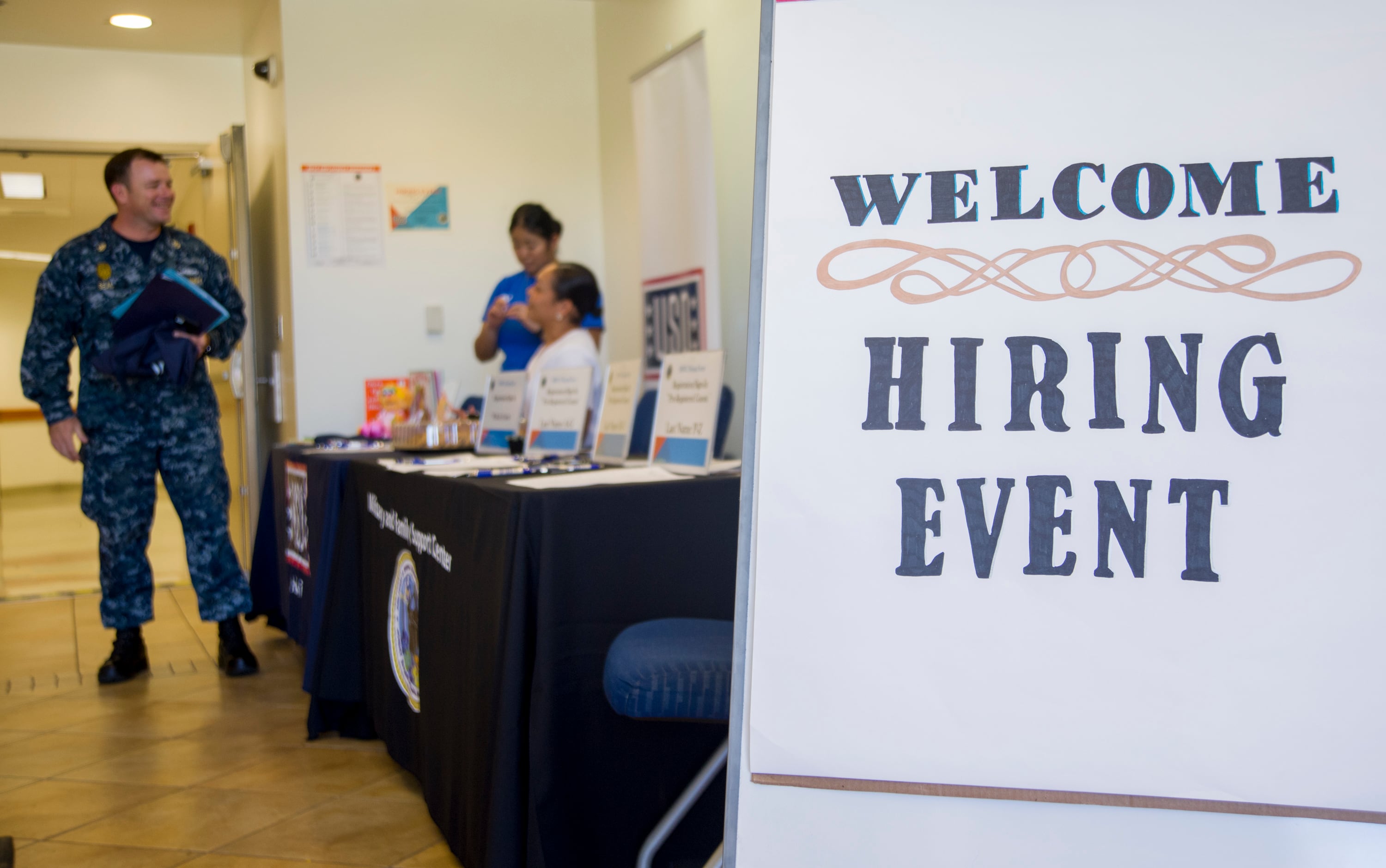The defense technology sector is emerging as an unexpected catalyst for veteran transition, offering former service members not just employment opportunities but renewed purpose in their post-military careers. As industry leaders and military officials prepare to address these interconnected challenges at MCON, the largest event celebrating military culture, a clear picture emerges of how innovation can transform veteran care and mental health outcomes.
The defense technology landscape has evolved dramatically, creating specialized roles that directly translate military experience into civilian success. Veterans bring unique perspectives to cybersecurity, artificial intelligence, and advanced manufacturing—skills honed through years of working with cutting-edge military systems. This natural alignment is creating what industry experts call a “purpose pipeline” where veterans can continue serving national security interests while building rewarding civilian careers.
“Veterans understand the end-user perspective in ways that civilian developers often miss,” explains David Tomlinson, senior defense contractor executive and VP at MVP Robotics. “They’ve operated these systems in high-stakes environments, giving them invaluable insight into what actually works in the field. Many of us are driven by a continued desire to serve and support our Nation’s most valuable resource—the warfighter. Working in industry provides a meaningful way to stay connected and contribute to that mission.”
This expertise connection is proving particularly powerful for mental health outcomes. Research consistently shows that veterans who find meaningful work aligned with their military experience report lower rates of depression and anxiety. The sense of continued service—protecting national interests through technological innovation—helps bridge the civilian-military identity gap that many veterans struggle with during transition.
The Department of Veterans Affairs has taken notice, expanding partnerships with defense technology companies to create structured transition pathways. New initiatives include mentorship programs pairing veterans with industry professionals, specialized training programs for emerging technologies, and direct recruitment pipelines from military service to defense tech careers.
These efforts address a critical need. Traditional veteran employment programs often focus on translating military skills into civilian equivalents, but the defense tech sector allows veterans to build directly upon their existing expertise. Instead of starting over, they’re advancing their careers in familiar territory while contributing to national security missions.
The mental health benefits extend beyond individual career satisfaction. Veterans working in defense technology often report stronger connections to their military identity and service purpose. This continuity helps combat the isolation and loss of mission that frequently contribute to veteran mental health challenges.
The VA’s efforts to improve veteran care increasingly recognize this connection between meaningful employment and mental wellness. Recent initiatives include partnerships with defense contractors to provide on-site mental health resources, understanding that supporting veterans in their new roles creates better outcomes for both employers and employees.
Innovation in defense technology also creates opportunities for veteran entrepreneurship. Former service members are launching startups focused on military applications, from advanced logistics software to next-generation protective equipment. This entrepreneurial path provides another avenue for veterans to maintain their connection to military service while building new careers.
“Veterans are thriving in defense technology -- from cybersecurity and AI to corporate and entrepreneurial leadership. Their discipline, adaptability, and mission-first mindset are fueling innovation that powers our economy and safeguards our national security,” said Katherine Webster, founder and CEO of VetsinTech.
The upcoming MCON conference will showcase these intersections, bringing together defense industry leaders, military officials, and veteran advocates to explore how technology innovation can better serve those who served. Sessions will address everything from emerging career pathways to the role of purpose-driven work in veteran mental health.
As the defense technology sector continues expanding, the opportunity to create more veteran-centered approaches to innovation grows. Companies are discovering that veteran expertise doesn’t just improve their products—it creates more resilient, purpose-driven workforces that understand the true stakes of their work.
The path forward involves continued collaboration between the defense industry, military leadership, and veteran service organizations to ensure that innovation serves not just national security interests, but the veterans who dedicated their lives to protecting them.





